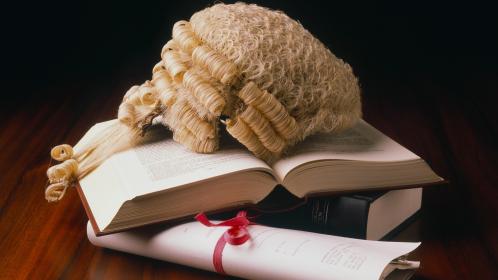Who is responsible for paying council tax?

Liability for council tax arises under Section 6 of the Local Government Finance Act 1992.
Five categories of “resident” are listed, which include freeholders, leaseholders and various kinds of tenants and licensees. It is only if there are no residents within these categories that liability falls to “the owner of the dwelling”.
To make matters more difficult, the definition of “owner” in the act includes anyone with a tenancy of at least six months — even if they are not resident. Since most tenancies are granted for a period of more than six months, a tenant will usually be treated as the “owner” and would be liable for council tax for the whole of the letting, even if they moved out before the end of the tenancy agreement.
Once the fixed period of the tenancy ends, the position becomes morecomplicated. In the 2013 case of CT v Horsham District Council, the Upper Tribunal decided a tenant ceased to be the “owner” if they simply stayed on in a property after the tenancy agreement had ended.
However, in the 2016 case of Leeds City Council v Broadley, the High Court decided a tenant remained the “owner” if the written tenancy specifically stated they could stay on after the end of the fixed period of the agreement.
Whether you or the ex-tenants are liable for council tax therefore depends on what it says in the written tenancy agreement. If the tenancy allowed them to stay on after July, the tenants have to pay. If not, you are liable to pay council tax to the local authority for the time they stayed on after their fixed tenancy expired.


